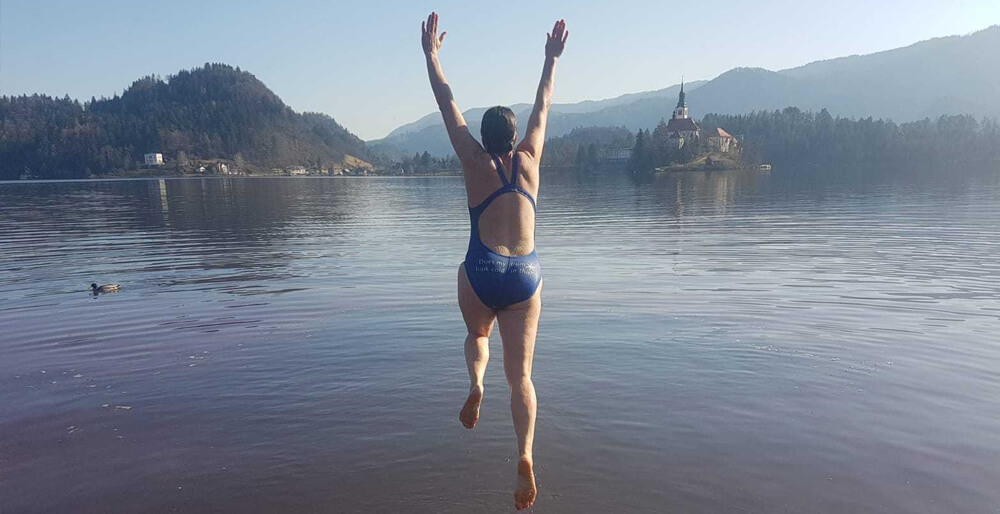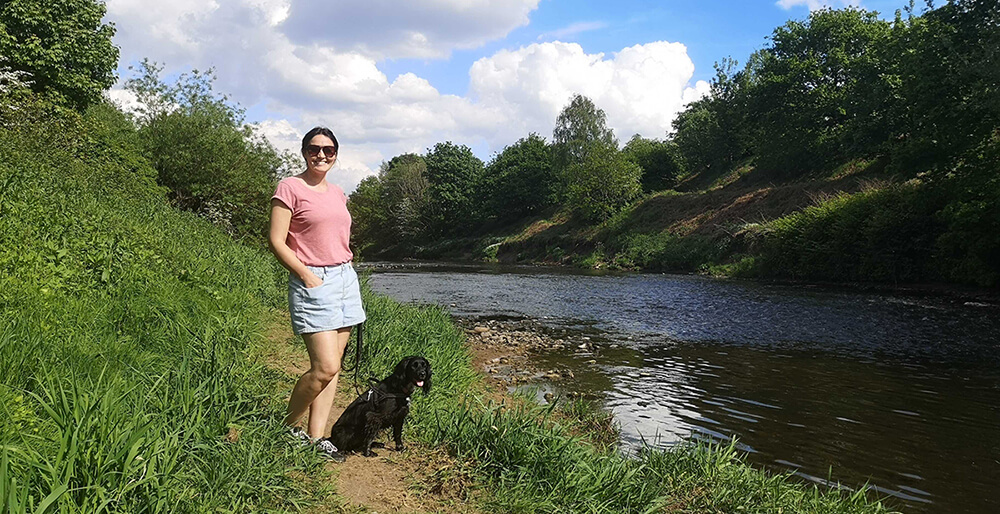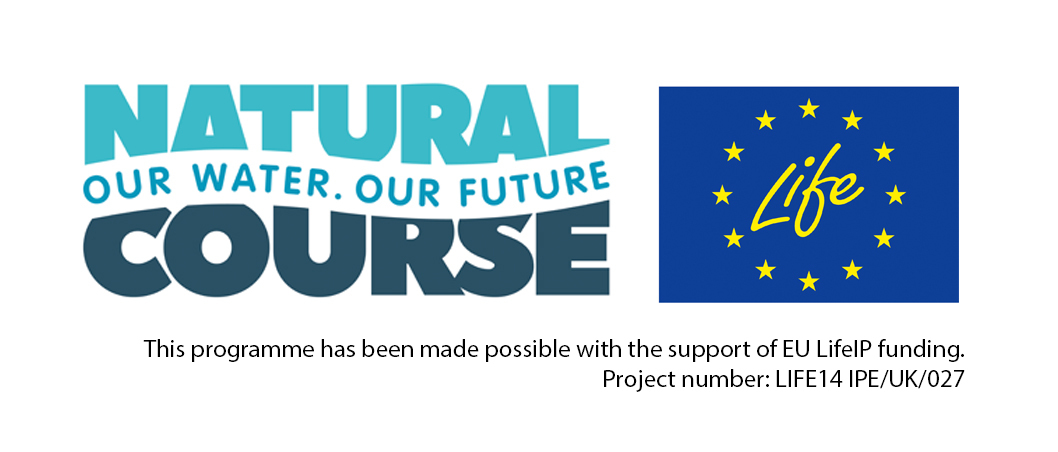
Mental Health Awareness Week 2020
18/05/20
Mental health issues can affect anyone at any time. Now, amidst the uncertainty and grief brought by COVID-19, it’s more important than ever that we take time to look after our mental wellbeing.
While the positive impact of green spaces on mental health is well documented, the benefits of ‘blue spaces’—rivers, lakes and coastal waters—are less well known. However, in recent years, an increasing number of studies have demonstrated a clear link between blue spaces and positive outcomes for our mental health. Here are just a few examples:
- A review of previous research showed that there is a clear and consistent positive association between exposure to blue spaces and mental health
- One study showed that people who frequently visit blue spaces reported a higher level of wellbeing and were less at risk from depression than those who did not visit blue spaces
- Research has also suggested that ‘blue space interventions’—activities taken in blue spaces—can contribute to rehabilitation and the promotion of healthy habits. These activities were shown to have positive impacts on pscyho-social wellbeing and physical health
- Running next to rivers has been linked to positive outcomes for people suffering with PTSD
But how does this all work? Well, research suggests that there are three main pathways by which the presence of water benefits our wellbeing:
- The environmental factors associated with blue spaces—including more sunlight and less pollution—are linked to positive changes in your mood
- People who spend time near the water tend to be more physically active, which is often associated with positive mental health
- Water has a ‘psychologically restorative’ effect. Spending time in blue spaces has consistently been linked to positive mood states and reduced stress levels. While green spaces a great too, they do not seem to possess the same effect
Immersing yourself in blue spaces can take so many different forms. It can be something as simple as reading a book on the riverbank, or something as adventurous as open water swimming. We spoke to a couple of our team members to find out more about their relationship with rivers.
Michelle Walker, Head of GIS & Data Management

I find swimming outdoors hugely beneficial for my mental health for many reasons, and have found the lockdown a big challenge as I haven't been able to keep up my regular swims.
I love that it gets me out in nature which is a wonderful counterbalance to being stuck in front of a computer screen at work. The constant variety of weather and water conditions and frequent wildlife encounters mean that it is never boring. It's also a very social activity - I find the outdoor swimming community to be diverse, friendly and great fun, and gain a huge amount from the friendships I've made.
Swimming itself is a very mindful activity, and I find that the immersive and rhythmic nature of long swims, without lane ropes and overcrowding to contend with, is a great way to meditate, which helps me find focus for my work. Finally I particularly love cold water swimming during the winter months. The all-consuming nature of challenging mind and body with immersion in cold water puts all other stresses and anxieties out of mind, and the physical exhilaration provides a mood boost that lasts for hours or days afterwards. Whenever I feel stressed, I get a physical longing to plunge in to cold water - it's like an addiction, but one that provides mental and physical health benefits and connects me to the natural environment - what's not to love?
Jayne Mann, Marketing and Communications Manager

Manchester’s rivers certainly aren’t the prettiest, nor the cleanest, but they are somewhere I often navigate to when I need a moment to breathe. I feel lucky enough to live within walking distance of the Mersey and on my daily walks, I often find myself drifting into a calm zen that I can’t get anywhere else. City life, like many others, often takes its toll and I am not sure I know someone who doesn’t suffer from some sort of anxiety, myself included.
To make sense of my worries, I will often run or walk next to the river and use it as a point of navigation - there is something quite satisfying about following the path of a river - like you’re walking with purpose or with a friend. Perhaps I navigate there to watch the wildlife, which can provide endless entertainment whilst I walk, or it could be the sound and movement of the water flowing past, offering a sense of rhythm to my stride. I don’t really know what takes me to the river, but what I do know is that rivers connect me to nature and offer a sense of calm that only water can achieve.
This article has been supported by the LIFE IP Natural Course project, to find out more about Natural Course, visit: www.naturalcourse.co.uk
